Success Highlights
Here are just a few examples of how we’ve helped organizations thrive under pressure.
Habitat for Humanity: Strengthening Capacity for Greater Impact
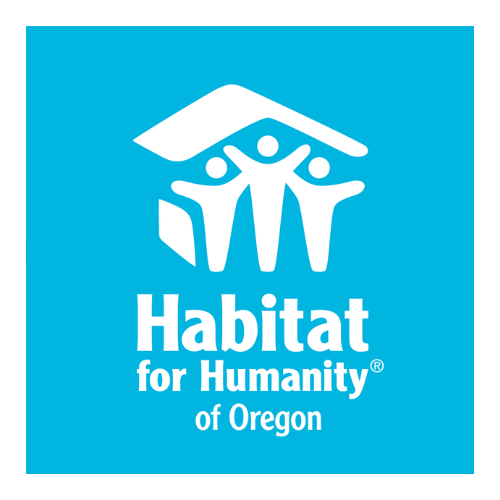
Habitat for Humanity: Strengthening Capacity for Greater Impact
The Challenge: Habitat for Humanity affiliates play a critical role in creating affordable homeownership opportunities for families in need. As they expand their impact, they face challenges in maintaining operational effectiveness, strengthening governance, and fostering sustainable community partnerships. Organizational growth, leadership transitions, board development, and evolving strategic priorities require affiliates to refine their approaches and ensure they are positioned for long-term success.
Our Process: Over the years, we have partnered with Habitat for Humanity affiliates to support them through key transitions and capacity-building efforts. Our work has included strategic planning, board governance development, leadership coaching, and facilitating staff and board retreats to align teams around shared goals. We have also provided support for executive searches and guided affiliates through complex organizational changes such as mergers, ensuring smooth transitions that strengthen capacity and impact.
The Transformation: Through our collaboration, Habitat affiliates have gained greater clarity on their strategic priorities, strengthened leadership structures, and enhanced their ability to deliver on their mission. Governance and decision-making processes have been improved, ensuring that both board and staff are working together effectively. Mergers have been successfully navigated, positioning affiliates to serve more families in need. By fostering strong internal alignment and equipping leaders with the tools they need, Habitat for Humanity affiliates are building not only homes but also more resilient organizations capable of driving lasting change in their communities.
Mount Grace Land Conservation Trust: Supporting Conservation Across Generations
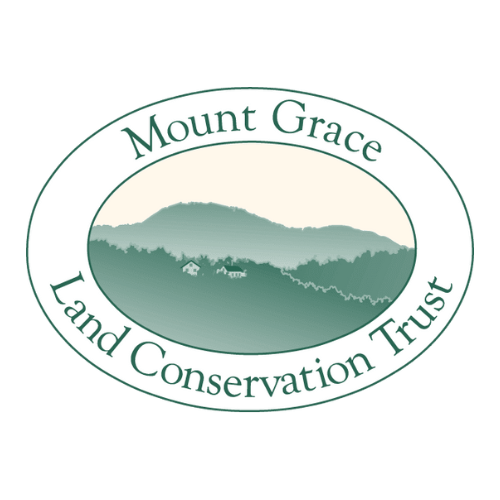
Mount Grace Land Conservation Trust: Supporting Conservation Across Generations
The Challenge: Mount Grace Land Conservation Trust protects land for people and nature in one of the most naturally diverse and economically stressed parts of Massachusetts. Through strong leadership and effective conservation, the organization has established a reputation as a strong local land trust within the land trust community. That capability was stretched during a leadership transition that took place in the middle of the group’s most ambition capital campaign. Working through the transition of executive leadership, completing the expectations of the campaign, and leveraging those successes to grow the capacity of the land trust became the challenges Mount Grace faced.
Our Process: Over the years, we have partnered with Mount Grace to provide tailored support through multiple stages of growth and evolution. Beginning with coaching to support the emergence of a new executive director, we helped her translate her experience into core strengths as the land trust leader. With her partnership, we supported fundraising training and planning, strategic planning, and support for collaboration with other nearby land trusts. Translating the ambitions and aspirations of the board and staff into actionable plans with structures to support them ensured the durable value of the investments.
The Transformation: The transformation taking place in Northcentral Massachusetts is stunning. Mount Grace has found greater clarity, motivation, and shared support through the process of engaging their community before developing their plans. Programs have evolved to provide national leadership on critical issues like Indigenous conservation and co-management programs. Donors have stepped up to underwrite core elements of their plan for years into the future, now understanding how their investment will support this well-conceived transformation. The Land Trust Alliance recognized Mount Grace as the national Excellence Award winner in 2022, casting a spotlight on the transformation and stunning success of the organization.
Cascade AIDS Project: Building a Strategic Framework for Resilience and Impact

Cascade AIDS Project: Building a Strategic Framework for Resilience and Impact
The Challenge: As one of Oregon’s most prominent nonprofits, the Cascade AIDS Project (CAP) is navigating the delicate balance between staying focused on its core mission and addressing the broader, intersectional needs of vulnerable communities. CAP’s commitment to excellence in service delivery and its holistic approach to supporting health, equity, and well-being create unique pressures, especially when the need is immense, and resources are finite. Balancing these priorities requires careful focus, strategic clarity, and a unified effort to ensure impactful outcomes without compromising their mission.
Our Process: The Metamorphic Team is working collaboratively with CAP to design a strategic framework that helps them balance the intersectional needs of vulnerable communities with CAP’s core mission, ensuring their focus, capacity, and resources are aligned to achieve the greatest impact. Through in-depth organizational assessments, facilitated listening sessions with board members, staff, clients, funders, and other partners, and decision-making retreats focused on strategic alignment, resource prioritization, and operational clarity, we are helping CAP create a roadmap for impactful, sustainable action.
The Transformation: Through this process, CAP is working toward greater clarity on its strategic priorities while maintaining its commitment to an intersectional mission of health, equity, and well-being. The organization is striving for improved alignment among its team and the development of a flexible, resilient framework to guide its work. By exploring ways to focus resources for maximum impact, CAP aims to adapt to evolving needs and continue its dedication to serving the LGBTQ+ community and those affected by HIV.
California Association of Resource Conservation Districts (CARCD): Strengthening Resource Conservation Organizations Across California
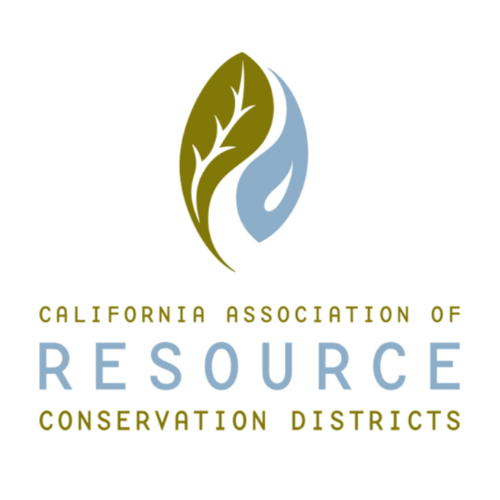
California Association of Resource Conservation Districts (CARCD): Strengthening Resource Conservation Organizations Across California
The Challenge: Resource Conservation Districts (RCDs) are essential to advancing sustainable conservation practices across California. Their work spans critical areas such as fire protection, watershed health, groundwater protection, and sustainable agriculture. To succeed in this high-stakes work, RCD staff need their organizations to operate like a well-oiled machine—clear on strategic priorities, supported by effective internal processes and protocols, and guided by strong governance. When these organizational mechanics function smoothly, dedicated staff can focus on their critical tasks without the added burden of navigating internal inefficiencies.
Our Process: We partner with CARCD to strengthen its organizational capacity while supporting individual RCDs. Our collaboration includes strategic planning, board governance, staffing assessments, and capacity-building training. This work helps RCDs navigate challenges such as managing diverse stakeholder expectations, aligning leadership, and prioritizing limited resources strategically. In our most recent collaboration, we designed a suite of interactive workshops addressing governance, strategic planning, organizational assessment, community and stakeholder engagement, and leadership and culture. These workshops incorporate practical tools, real-world scenarios, and facilitated dialogue to build the skills necessary for sustainable impact, ensuring RCDs and CARCD can meet the demands of their critical work and thrive.
The Transformation: Our ongoing partnership empowers CARCD and RCDs with both knowledge and tools to make a difference. These include actionable roadmaps, enhanced governance practices, and stronger frameworks for community engagement. Together, we foster resilient leadership and collaboration, equipping RCDs to sustain and expand their critical work in conservation across California’s diverse landscapes.
Brown v. Board of Education National Historical Park: Fostering Unity Through Shared Purpose
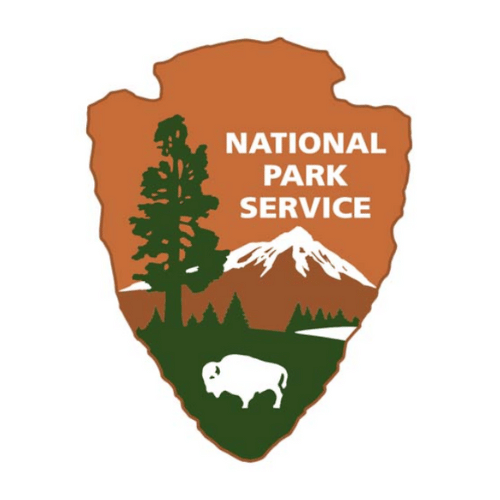
Brown v. Board of Education National Historical Park: Fostering Unity Through Shared Purpose
The Challenge: Brown v. Board of Education National Historical Park (BRVB) tells a vital story of equality and justice with impacts that reach far beyond the historic building it occupies. Telling this story is complex, requiring the staff to connect its historical significance with contemporary civil rights issues. With a small team where everyone plays a part in stewardship of the resource and the story, it is essential to create a framework that focuses team members efforts in the same direction, provides clarity about goals and outcomes, and uses the unique strengths of the team to advance the park’s mission effectively.
Our Process: The Metamorphic Team has spent time in deep conversation with Park staff in an effort to understand the relational ecoystem of the BRVB team. Our next step is to develop a Guiding Framework to ensure a shared understanding the dynamics that unite the team beyond the Park’s foundational purpose. We will explore core values, vision, goals, and individual roles, providing a strategic foundation to align team efforts and clarify decision-making. This process will also focus on strengthening team dynamics and fostering a culture aligned with the park’s mission and values.
The Transformation: The anticipated outcome is a BRVB team with a shared understanding of their collective purpose and individual roles, fostering greater cohesion and clarity. This alignment will empower them to collaborate effectively, telling the Park’s vital story, preserving its resources, and connecting deeply with the community to advance its mission of justice and equality.
Natural Lands: Advancing Conservation Through Strategic Alignment
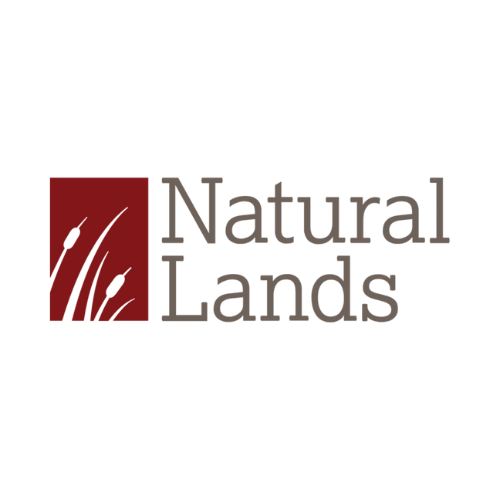
Natural Lands: Advancing Conservation Through Strategic Alignment
The Challenge: Like many land trusts, Natural Lands, a leading organization in Pennsylvania and New Jersey, is grappling with the need to balance increasing demands for conservation with the complexities of managing limited resources and diverse stakeholder expectations. This tension underscores the importance of developing a strategic plan to align their efforts across conservation and stewardship, with an extended role in community engagement and planning, while addressing internal capacity and fostering equity, inclusion, and effective governance.
Our Process: We partnered with Natural Lands to develop a comprehensive strategic plan. This process engaged a “cast of thousands,” including active involvement of board members and supporting community councils, every staff member, and a diverse set of external stakeholders. Through facilitated retreats, we guided discussions about balancing land conservation and community benefits, ensuring organizational capacity, and enhancing equity and inclusion. Retreats featured active participation and engagement of the entire staff – more than 100 professionals who provided direct input into desired outcomes and best strategies for conservation. These efforts resulted in a roadmap for achieving impactful and sustainable conservation. The organization continues to identify culture-building investments that will be needed to ensure the success of the plan.
The Transformation: This ongoing process is empowering Natural Lands to bridge their mission of preserving and connecting people to nature with actionable strategies that address climate resilience, equitable access, and organizational culture. Their team is fostering a deeper understanding of shared priorities, refining strategic goals, and building a collaborative internal culture. The result is a foundation that aligns ambitious conservation efforts with sustainable growth, resilient capacity, and relevant community impact.
FLOW: Guiding a Watershed Organization to Clarity and Connection
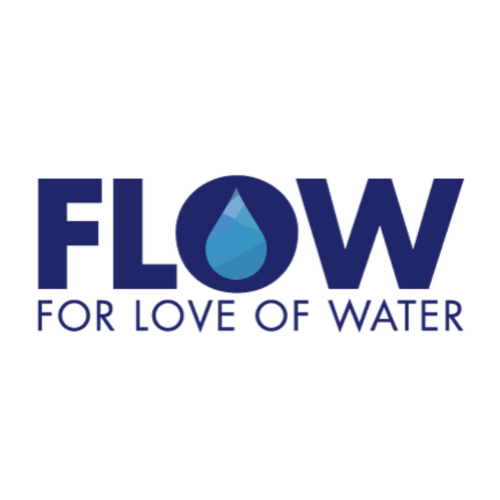
FLOW: Guiding a Watershed Organization to Clarity and Connection
The Challenge: With its mission to safeguard the waters of the Great Lakes—a critical resource for millions of people and ecosystems—nonprofit environmental organization For the Love of Water (FLOW) needed to reassess the alignment between its unique strengths and the evolving environmental challenges in the region. They sought to prioritize efforts, clarify roles, and establish a strategic foundation for their work while fostering a healthier and more resilient team culture.
Our Process: We designed and facilitated strategic planning workshops that engaged FLOW’s board and staff in meaningful discussions about their mission, priorities, and internal dynamics. These workshops focused on identifying FLOW’s unique strengths—such as legal expertise, public trust advocacy, and community engagement—and aligning them with the urgent needs of the Great Lakes region. The sessions also emphasized operationalizing their strategy, including tools for prioritizing programs, assessing opportunities, and fostering a collaborative team culture. Incorporating stakeholder input, we addressed challenges like clarifying roles, refining decision-making processes, and ensuring strategic alignment with FLOW’s mission.
The Transformation: FLOW’s team has clarified their priorities and begun implementing strategies that align their strengths with the pressing environmental challenges of the Great Lakes region. They are fostering candid and collaborative conversations about how to work together effectively, ensuring their mission is advanced while nurturing a supportive team environment. By focusing on shared goals and developing practical tools, FLOW is building the foundation for long-term resilience and meaningful impact.
